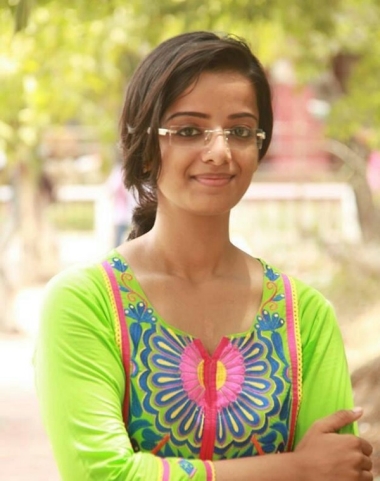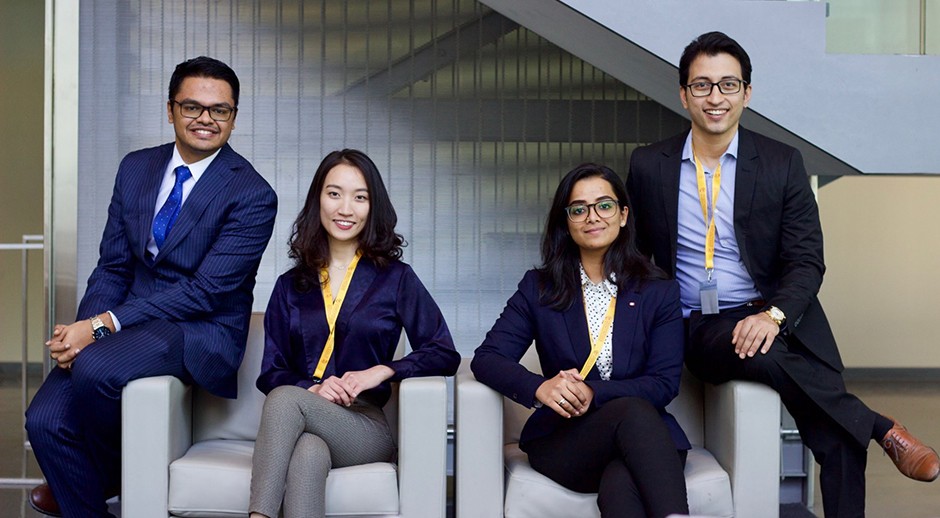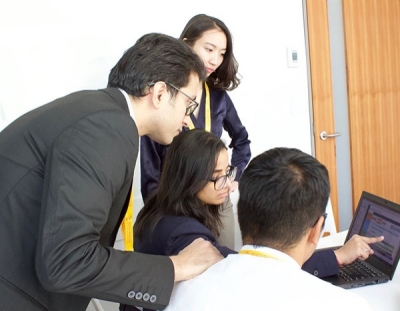Nelson Mandela famously said: “I never lose. I either win or learn”. This is a mantra to remember.
My name is Roshini Tamil Selvan and I am an international student pursuing the full-time MBA program at the John Molson School of Business at Concordia University. I started my MBA journey in January 2020 and was immediately drawn to the experiential learning opportunities it offered. From actively competing in a multitude of case competitions to being recruited to the John Molson MBA Case Competition Committee (MBACCC), case competitions have always been close to my heart and an integral part of my journey. “Why?” you may ask.
Case competitions give you a taste of real business challenges and what is expected of you when facing them. First, you need to understand the problem statement and identify the issue at hand, then conduct thorough analyses, find strategic alternatives, and resolve conflicts with a robust implementation plan. Finally, the most interesting part, you need to sell the plan to the business owner.
COVID-19 has changed the way we learn and has completely transformed the student experience. Like many of my classmates, I wondered how I could possibly make the most of an MBA program delivered completely online. I wondered how case competitions would be organized and held in such times, and how students would get access to involvement and work opportunities, if any.
Throughout this crisis, all I could do was to keep immense faith in John Molson and believe that it would still provide me with opportunities I couldn’t have imagined. I held onto this belief and I was never let down. As rigorous as the program can be, it has also become a journey of very interesting experiences. As a matter of fact, my team and I recently had an experience that we found particularly memorable and that’s the story I would like to share with you today.
It was back in October 2020 that Timothy Field, Senior Lecturer in Management and the program’s very experienced and talented case competition coach and advisor, proposed the formation of two teams to compete in the MBA Games - the largest inter-collegiate competition in Canada. My team, consisting of Magalie Han, Michael Wood, Mohit Dave and I, was delighted to be selected for this very prestigious competition and looked forward to the learning opportunities ahead of us. Little did we know, when we embarked on this adventure, how much it would shape our individual and collective personalities.



 Team for the internal February 2020 case competition hosted by the MBACCC and sponsored by the Stéphan Crétier Foundation: (L-R) Akshay Shripathi, Thanh Nguyen, Roshini Tamil Selvan and Sumit Gaur
Team for the internal February 2020 case competition hosted by the MBACCC and sponsored by the Stéphan Crétier Foundation: (L-R) Akshay Shripathi, Thanh Nguyen, Roshini Tamil Selvan and Sumit Gaur
